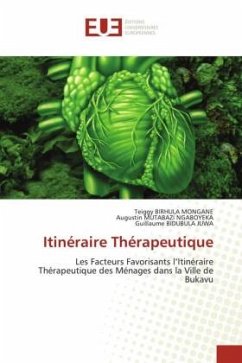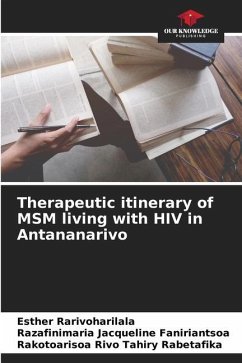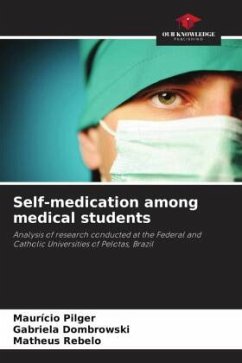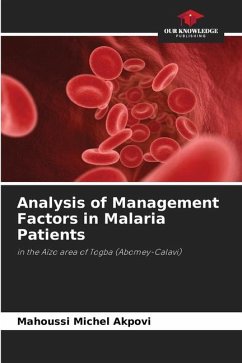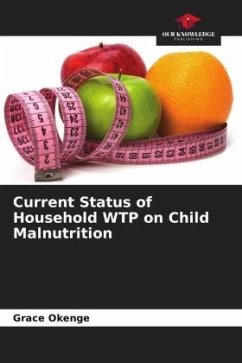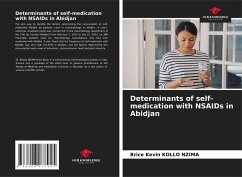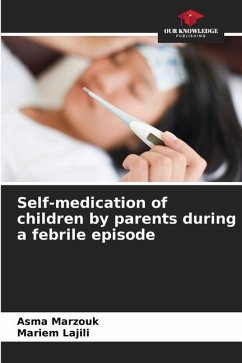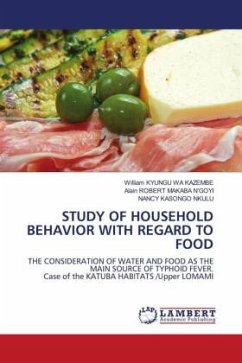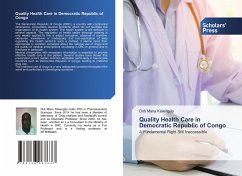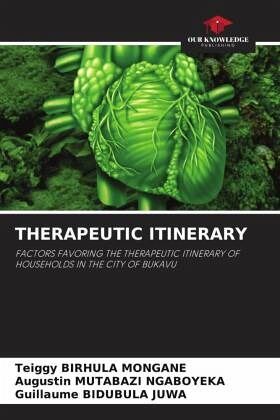
THERAPEUTIC ITINERARY
FACTORS FAVORING THE THERAPEUTIC ITINERARY OF HOUSEHOLDS IN THE CITY OF BUKAVU
Versandkostenfrei!
Versandfertig in 6-10 Tagen
29,99 €
inkl. MwSt.

PAYBACK Punkte
15 °P sammeln!
This study aims to identify the therapeutic options used by the inhabitants of Bukavu, analyze the therapeutic itineraries of households, identify the determinants of the use of self-medication, modern medicine, traditional medicine and therapeutic prayer, and analyze the expenditures related to the cost of health care. Self-medication was the first most widely used option (44%), followed respectively by modern medicine (36.4%), traditional medicine (14.4%) and prayer (5.2%). Traditional medicine as an initial treatment option accounted for less than 15% of households. Although modern medicine...
This study aims to identify the therapeutic options used by the inhabitants of Bukavu, analyze the therapeutic itineraries of households, identify the determinants of the use of self-medication, modern medicine, traditional medicine and therapeutic prayer, and analyze the expenditures related to the cost of health care. Self-medication was the first most widely used option (44%), followed respectively by modern medicine (36.4%), traditional medicine (14.4%) and prayer (5.2%). Traditional medicine as an initial treatment option accounted for less than 15% of households. Although modern medicine is not the initial therapeutic option of households, it is the last resort of many patients. Household therapeutic pathways in this urban environment are complex; health managers should try to deal with this reality. Finally, our study indicates that poor patients face the same level of health care cost payments as the rich, hence the need for a better balance in health care financing mechanisms.



